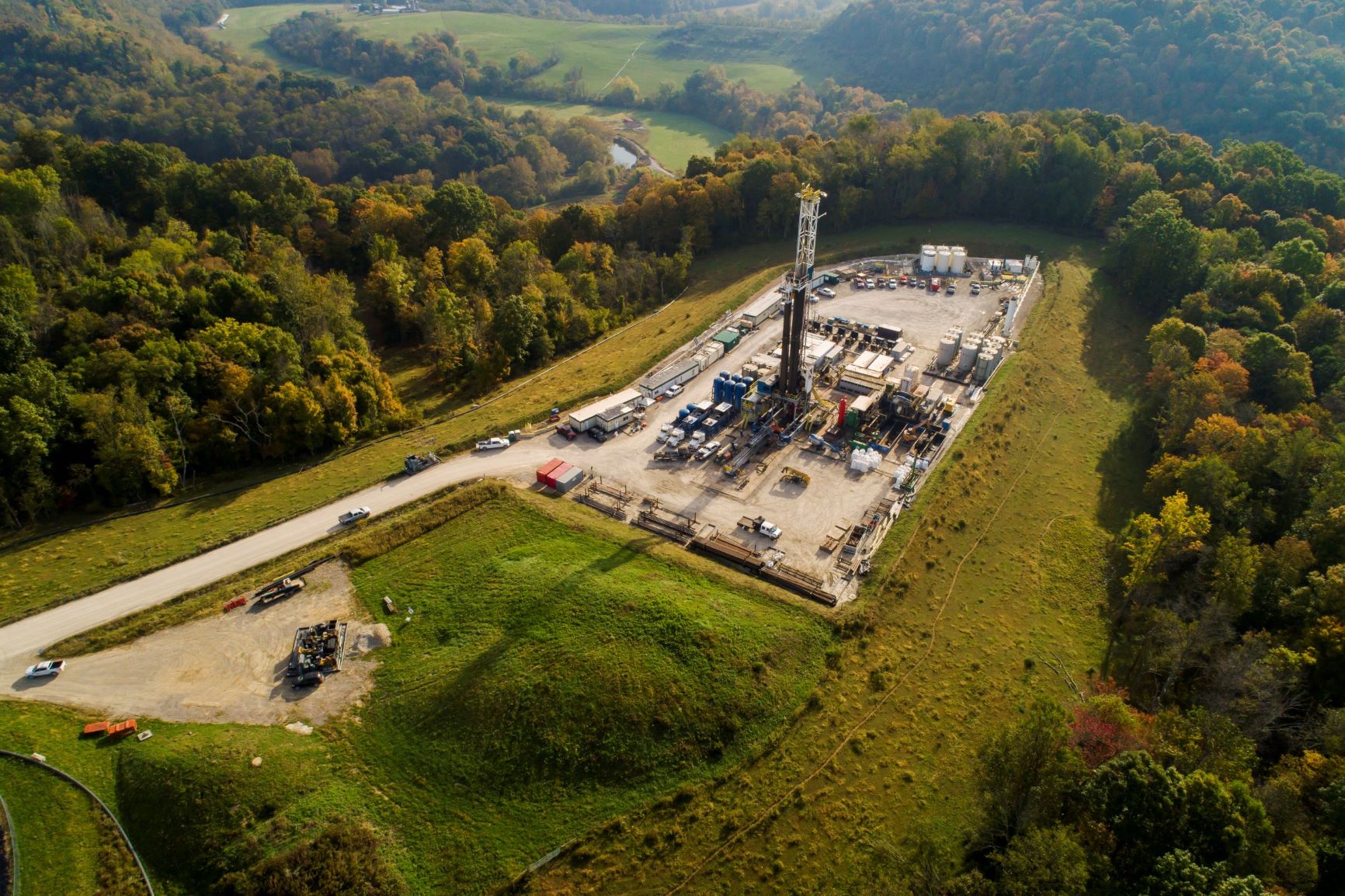Natural gas is key to maintaining affordable and reliable energy, and while some politicians want to blame rising energy prices directly on the energy industry, solutions come from policies that encourage domestic natural gas development, pipeline infrastructure modernization, and energy export.
“Politicians looking to place blame for short-term rising prices only need to look at the unrealistic energy and environment policies recently pursued,” the MSC wrote alongside Appalachia industry organizations in a letter to U.S. Senator Elizabeth Warren (D-Mass.) this week.
“Serious solutions to lasting energy affordability, reliability, and security come from policies that encourage responsible domestic natural gas development, pipeline infrastructure modernization, and export growth,” they wrote.
While Senator Warren and others seek alarmist headlines, natural gas – just like any commodity – experiences price swings influenced by a variety of factors, including political and regulatory environments. And while energy costs have risen as of late, the U.S. shale revolution is the primary driver of the affordable, reliable, and abundant natural gas enjoyed by Americans, small businesses, and manufacturers over the past dozen years.
Rather than villainizing the natural gas and oil industry, America should embrace the resources we have beneath our feet.
Here are four ways bad public policies impact consumers:
Gas Production Bans
Whether it’s President Biden’s federal leasing ban, killing of the Keystone XL pipeline, Governor Wolf’s decision to ban development in the Delaware River basin, or even delays in much-needed permit reviews (as we’ve seen within the Pennsylvania Department of Environmental Protection), policies that discourage natural gas development restricts domestic energy supply, can have an upward effect on prices, and hurt good-paying job opportunities for American families – all while doing little to achieve desired climate goals.
Energy Access Blockades
The inability to move domestic energy resources to market also trigger price spikes and deprive consumers of accessing affordable and reliable energy from natural gas.
Pipeline capacity constraints impact production, depress in-basin pricing and prevent consumers’ (particularly in the northeast southeast) access to the world’s most prolific natural gas area. In fact, a CMU study found infrastructure constraints cost New Englanders approximately $1.8 billion in just one month. New York Governor Cuomo, New Jersey Governor Murphy and President Biden have all opposed or denied permits necessary to build pipeline infrastructure, denying consumers much-needed access to regional, affordable energy and providing opportunities for Russia to sell its natural gas to New England states.

On a global scale, blocking construction of much-needed export terminals or scaling back LNG capacity also limits our ability to share America’s abundant, clean energy resources with the world. Since the U.S. produces more natural gas and oil than can be consumed domestically, exports unlock key demand markets that spur production at home.
Lastly, proposed natural gas hook up bans diminish consumer’s choice in energy providers and increase costs. Several municipalities across the country have implemented such bans, however, states such as Ohio and Louisiana have passed legislation that prohibits cities from doing so. Pennsylvania’s state legislature is also looking at legislation that will protect the ability of consumers to choose their preferred energy resource.
Targeted Fiscal Policies
Punitive tax policies – such as the current natural gas tax currently before Congress or heightening bond requirements or proposals that would strip American energy businesses from being able to claim tax credits for everyday business operations – block much-needed business investments, jeopardize job growth, and further stall our economic recovery.
Here in Pennsylvania, Governor Wolf has repeatedly proposed a damaging severance tax on natural gas that, combined with the existing impact tax, would make Pennsylvania the highest energy taxed state in the country, driving opportunities out of the Commonwealth and into neighboring Ohio and West Virginia.
False Narratives
Creating and amplifying false narratives about natural gas development undermines the legitimacy of our industry and the safeguards surrounding domestic energy production. Impoverished local communities as well as allies around the world, particularly in developing regions, need affordable and cleaner energy, and natural gas is an economically viable solution.
Further, we must be realistic and acknowledge that energy transitions cannot happen overnight. Rather, such transitions require strong partnerships between policymakers and the industry in order to eliminate unforeseen and harmful consequences for communities and consumers alike.





